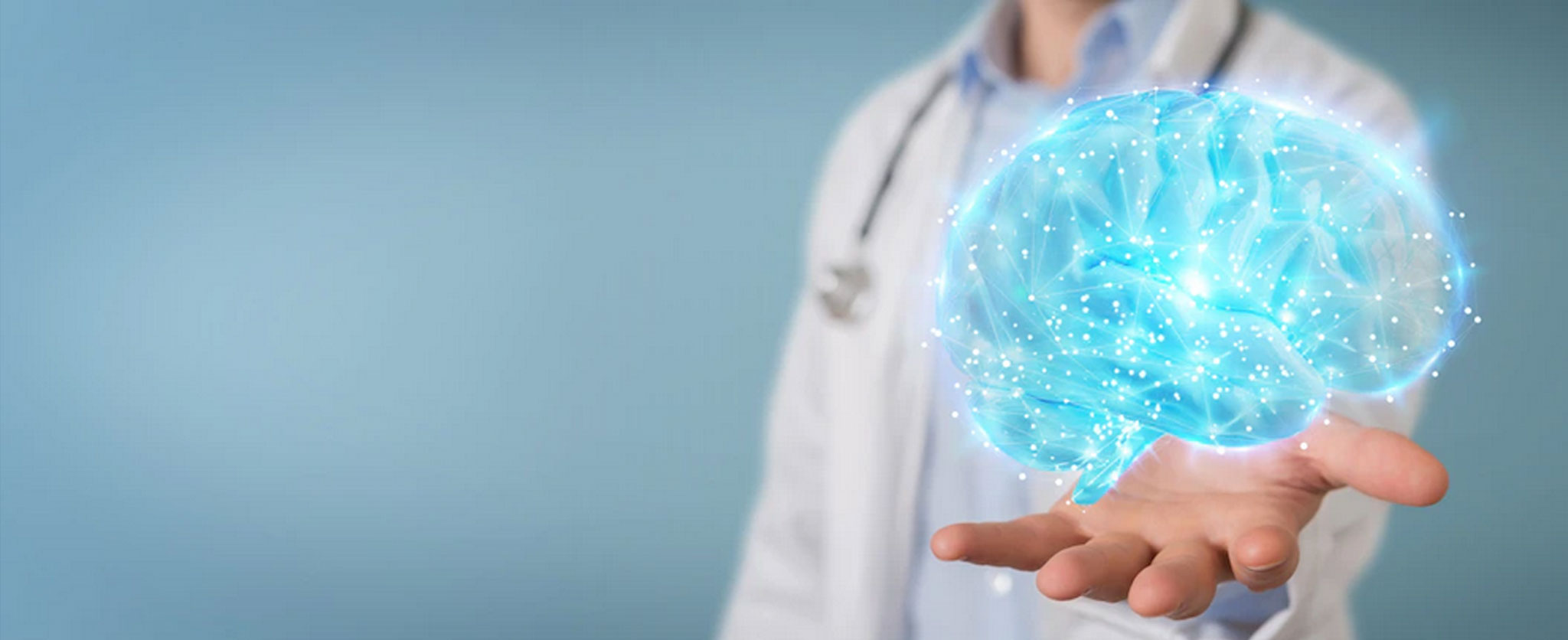Activities That Help Improve Sleep Hygiene
| Mental Tricks 1 | Try gently counting back from 100 |
| Mental Tricks 2 | Reflect on the following based on the day's events: 3 things you enjoyed the most 3 actions you performed well 3 things you learned in the last 24 hours |
| Adequate sunlight exposure | Try to get outside for at least 30 minutes each day to increase your time in natural light. |
| Smells and Sounds | Try calming sounds and smells to see if they help you sleep and leave you feeling more rested in the morning. |
SLEEP PROBLEMS AND BETTER COPING
| PROBLEM | DESCRIPTION | COPING |
|---|---|---|
| Handling nightmares | Recurring nightmares or bad dreams can be very upsetting and are not uncommon. When woken by a disturbing dream, it's difficult to return to sleep. If happening over a prolonged period, it can be harmful to your rest. | Imagery rescripting – closing our eyes and working through the images and narrative in our minds – can help us regain a sense of control by rewriting what happens. |
| Overcoming insomnia | Insomnia is the medical term for persistent problems with sleep that can last for more than a month involving one or more of the following (Centre for Clinical Interventions, 2020): Difficulty getting asleep Waking during the night Poor sleep quality |
A Thought Diary can be a valuable tool for challenging negative thinking and inaccurate beliefs. |
Evidence Based Strategy for Better Sleep
Sleep Restriction: One of the surprisingly successful techniques for improving sleep quality is to restrict time spent in bed. By doing so, it encourages the patient to form a stronger connection between their time in it and sleep.
The aim is to limit the number of hours spent in bed to the typical number of hours asleep, known as the sleep window.
Use the Sleep Restriction worksheet (attached in the self-management section) to calculate the sleep time needed.
GENERAL AWARENESS
Treating sleep apnea: Sleep apnea occurs when people have momentary pauses in their breathing during sleep. This can occur throughout the night, and if left untreated, can be linked to high blood pressure, memory loss, and even strokes (National Institute on Aging, 2020).
If you are experiencing tiredness during the day and snoring loudly at night, it is worth seeking help from a specialist.
Seeking help for sleep disorders: It's useful to be aware of some more unusual behaviors humans exhibit during sleep, as they can affect sleep quality.If you are experiencing any of the following and it is damaging your sleep, it may be useful to seek expert advice (Lange, 2016):
- Sleep paralysis - During REM sleep, our body naturally becomes temporarily paralyzed to avoid excessive movement.However, some individuals find that this paralysis can, terrifyingly, continue for a few moments when they wake, sometimes accompanied by pressure to the chest.
- Hypnagogic jerks - While not fully understood by science, it is not uncommon to twitch or experience a sense of falling as you drift into sleep. This often results in a sudden awakening. If it is only occasional, this is unlikely to need further attention.
- REM sleep disorder - Talking, shouting, or even hitting your partner during sleep can be upsetting and potentially harmful for you both. It can happen during bad dreams when the body has not been fully paralyzed.
- Exploding head syndrome (not as bad as it sounds) - This affects 1 in 10 of us from the age of 50. As we drop off, we hear a loud bang (like a gunshot) waking us up. It may be because of physical changes to the middle ear associated with aging.
